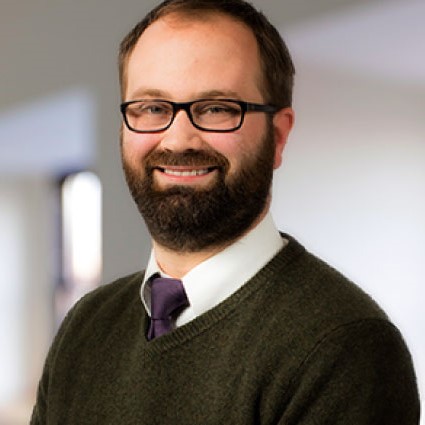When trauma goes untreated, and trigger avoidance controls behavior, life can become quite small. Veterans can get free effective treatment for PTSD to heal the invisible wounds of war and get back to a healthy lifestyle.
Brian Klassen, Ph.D., is the Clinical Director of The Road Home Program, part of the Wounded Warrior Project's Warrior Care Network.
For information about treatments for PTSD please visit The Treatment Hub.
What I would say it's like to live with PTSD is that life becomes small and this is largely because of avoidance. You know clinically this is a symptom of the PTSD diagnosis but the way I describe it is that life just begins to shrink. It's like you lose relationships. There's certain things you won't do anymore, certain places you won't go anymore, certain conversations that you won't have anymore, and life just becomes quite small. After trauma, where people can get into trouble is if they begin to organize their lives around avoidance and around avoiding anxiety, around avoiding discomfort, around avoiding reminders of trauma, and really the work that I do is quite simple. It's really helping people reverse that natural course. Prolonged exposure and cognitive processing therapy are deeply optimistic treatments about people's ability to recover from trauma. They're difficult. They're no joke. But really they're quite simple because we're just asking someone to counteract the natural tendency to avoid these these painful thoughts and feelings. So when I'm sitting down with a veteran to embark on this treatment of prolonged exposure it's often difficult because, I think, for the veteran, it's very uncertain. It's very anxiety-provoking, you know, being asked to recount these horribly painful experiences but we know that once we find that people do, and in the context of a safe relationship, where you know we can approach these things together, we can make sure it's not too much or too little like it's just the right amount of intensity that there's healing, that there's relief right around the corner so that they can take their life back and take their relationships back.
BrainLine is powered in part by Wounded Warrior Project to honor and empower post-9 11 injured service members, veterans, and their families.
About the author: Brian Klassen, PhD
Brian Klassen, Ph.D., is the Clinical Director for The Road Home Program: The National Center of Excellence for Veterans and Their Families at Rush University in Chicago, Illinois. Brian spent his formative years training at the Jesse Brown VA Medical Center, completing rotations in chronic pain management, residential substance use disorder treatment, and PTSD. Brian has special expertise in providing front-line treatments for PTSD, including Prolonged Exposure and Cognitive Processing Therapy.

